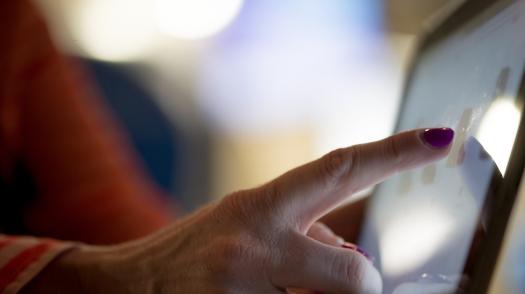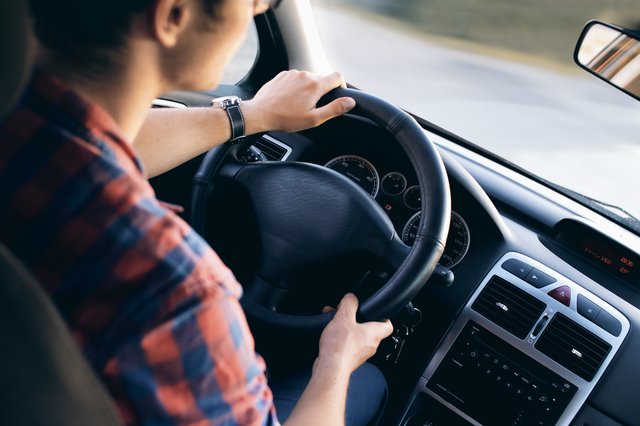
Holiday tips by Joe
Joe, 23, shares his tips on holidaying after a brain injury. Joe was 15 when he sustained a brain injury after his bike collided with a car.
The charity Scope has put together some top tips from parents for making long family car journeys a little easier

First published: Summer 2018 (from Scope's online community 2015)
The research charity RiDC supplies useful information on choosing a car for families with disabled children – including standard features on vehicles and specialist equipment. Visit their website here.
If your child finds car travel stressful, try and understand why. For example, do they dislike the smell of the car, the noise, being restrained etc? Use comfort items such as blankets, ear defenders, blinds on windows, and go for neutralising rather than strong air fresheners.
Lots of places have reserved disabled parking in their staff car parks. Phone ahead and try and book yourself a spot.
We always tell Ben exactly where we’re going in advance, so there are no surprises. We show him our route on the map, so he can check off towns and motorway exits as we go along. It keeps him occupied and happy!
Download some of your child’s favourite games, films or activities on to their iPad before you go.
If you’re going on a long trip, make sure you pack the car before you put the children in. You don’t want boredom or anxiety to set in too early!
Crelling harnesses supply a large range of belts and harnesses for car travel with disabled children, which have been specially designed to offer postural support. For more information visit their website here.
Tinted windows can help reduce uncomfortable glare if your child is sensitive to light. Alternatively you can get removable shades to attach to rear windows from places like Halfords or Amazon.
Magnetic white boards are great for long car journeys. You can pick up small ones from supermarkets and stationers, and magnetic numbers and letters, animals etc and play without the mess of felt tips and crayons.
Remap has developed a screen to put between the back seats to stop children from disturbing each other. Visit the charity's website here.
We always travel with a ‘bag of last resort’ in case we get stuck in traffic or roadworks, or we have an escalating behaviour situation. Once we've tried everything else, we use the ‘last resort’ bag. It always helps!
If you have a mini Houdini, who’s always unbuckling their seatbelt, just turn the buckles round. In the event of an accident, firemen just cut the belt; they never undo the buckle, so there is no problem with getting out in an emergency.
When travelling in the car attach favourite toys or fidgits to long springy key rings or ribbons. I clip these onto a loop of elastic around the headrest. That way everything stays within their reach.
Distracting the driver can be very dangerous. Think of ways to reduce missiles being thrown from the back seat etc. I typically sit in the back with the kids so that my husband can focus on driving safely.
When we’re going on a long car journey, we often travel at night so Jacob sleeps through most of it. Means we’re a bit tired in the morning, but saves so much stress, it’s worth it!
You can find a useful list of car seats and harnesses for growing disabled children here.
To keep a child from undoing a standard seatbelt, try a Buckle Boss. It's a device which fits over the part containing the seat belt release button. Easily opened with a car key or lolly stick (or similar) but impossible with just fingers. Find out more here.
If someone is getting really agitated in the car, try dramatically changing the environment: open all the windows, turn the music up loud, create a distraction with a funny story or a song.
For younger children you can get a Wetec car seat protector in case of accidents. As Toby is older, we use a mattress protector which we tuck in to the back seat.
If your child is sensitive to certain foods or will only eat a limited range of snacks, make sure you stock up on snacks before you set off to avoid getting caught short of supplies.
These tips were all contributed by parents of disabled children. Find more great tips like these, and share your own, on Scope’s online community.

Joe, 23, shares his tips on holidaying after a brain injury. Joe was 15 when he sustained a brain injury after his bike collided with a car.